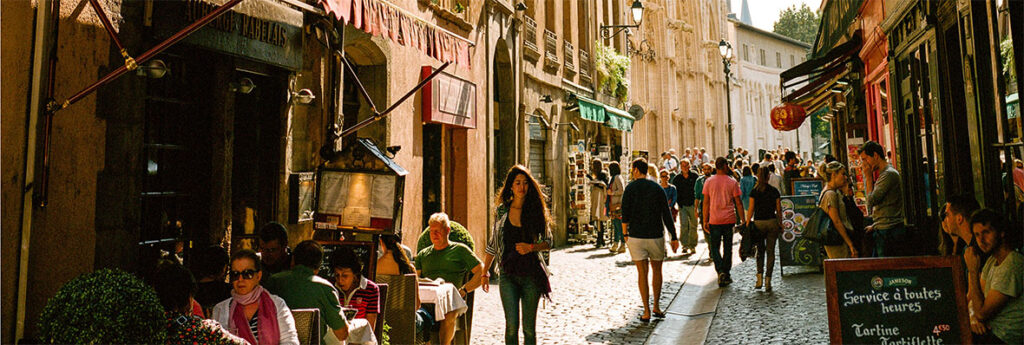Tourism rebounded this summer in Europe – and Europe wasn’t ready. Pandemic-related staff shortages led to massive lines and flight cancellations at many airports; meanwhile, prices for hotels and taxis soared.
Then there were the record-breaking temperatures that caused roads, airport runways and railroad tracks to buckle, leading to further disruptions.
While many Canadians visited Europe this summer – for some the first trip there in three years – and still had a great time despite the challenges, climate change, growing crowds and lingering effects of the pandemic have altered the nature of travel.
With this in mind, consider the following tips to save money and have a better experience when planning a trip to Europe:
1. EXPLORE ALTERNATIVE LOCATIONS
Europe’s capital cities – Paris, Amsterdam, Vienna, Rome, and so on – are hugely popular for good reasons. But often, you can get a better feel for a country’s culture in one of its smaller cities while enjoying lower prices.
For example, France’s third-largest city, Lyon, has a lovely old town, spectacular Roman ruins, world-class museums, and amazing restaurants. Even in peak season, a three-star hotel room can cost less than $100 a night and visitors won’t likely encounter any long, soul-killing queues for attractions that could make Paris a trial.
Similarly, Austria’s second-largest city, Graz, is a beautiful, affordable alternative to Vienna, and pretty Delft, a canal city just an hour’s train ride away from Amsterdam.
Europe’s capitals are still well worth a visit, but adding some alternative destinations can help save money and stress.
2. RETHINK SUMMER TRAVEL
Spring and fall are typically cooler, cheaper, and far less crowded. If summer travel is the only option, try to go as soon after Canada Day as possible, as crowds (and prices) soar in July and August. Scott’s Cheap Flights, a deal site, recommends booking international travel two to eight months in advance for good deals.
3. DON’T ASSUME – ASK
Not realizing that many old European buildings don’t have elevators may prove difficult, or just annoying, for guests on a top floor. Similarly, air conditioning, still isn’t nearly as common in Europe as in North America. Hotels and apartments with air conditioning usually mention that fact in their online listings, but if there’s any doubt about AC or elevators, ask before booking.
4. TREAT EUROPE LIKE A THEME PARK
Disney tip sites such as Undercover Tourist and Mouse Hacking recommend arriving at “rope drop” – when the parks first open. Then guests can retreat to their hotel in the afternoon, when crowds and temperatures peak, and return in the calmer, cooler evening hours.
Consider a similar approach while travelling in Europe in the summer: Get to the most popular attractions when they first open, escape from the heat in the afternoon and go out again when it’s more pleasant. If booking an outdoor activity, schedule it for the morning or after sunset, if possible.
Find refuge from the afternoon heat in cinemas, old stone cathedrals and the many art museums that are air-conditioned to protect the paintings. Don’t stand in sweltering lines to buy tickets for anything without first checking to see if admission can be purchased online.
5. PRIORITIZE FLEXIBILITY
Before the pandemic, saving money by buying non-refundable travel was the norm. These days, it can pay to pay more for flexibility to mitigate unavoidable delays or schedule changes. Where available a “refundable with a fee” option can hit the sweet spot of affordability and flexibility.
When it comes to accommodation, avoid renting apartments or Airbnbs with onerous cancellation policies. Hotels typically have much more flexible policies and staff to help make travel easier.
6. GET TRAVEL INSURANCE
Some credit cards come with travel interruption and delay coverage, but additional coverage can fill in the holes, including paying for hotels, meals, and rebooked flights in case of quarantine. The extra cost is a small price to pay for peace of mind.

